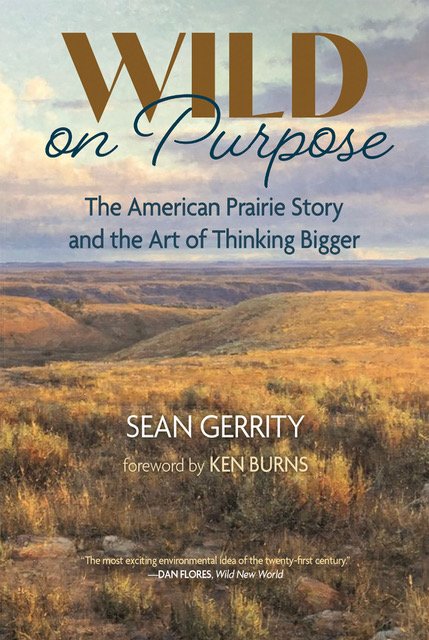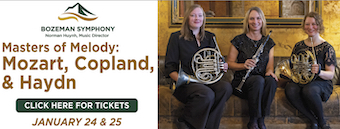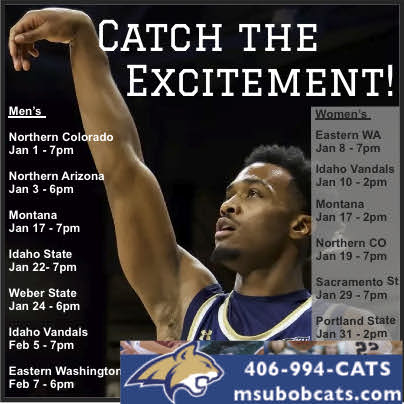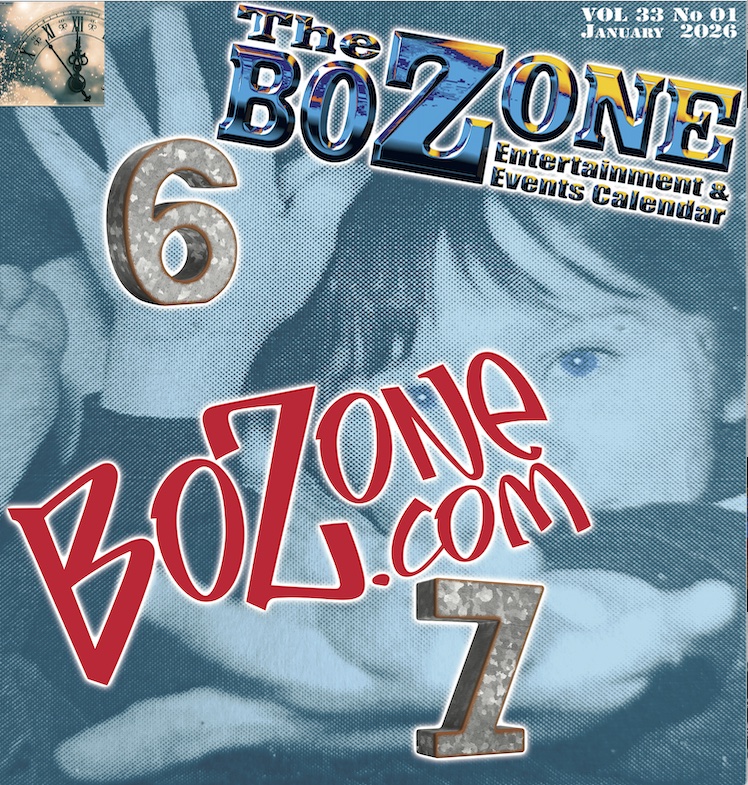SoCal-based Dustbowl Revival set for January Filling Station show
Over the past few years, The Dustbowl Revival has been making a name for itself with a vibrant mix of vintage Americana sounds. Critics have proclaimed that this eclectic eight-piece “would have sounded utterly at home within the hallowed confines of Preservation Hall in New Orleans’ French Quarter” (Los Angeles Times) and their “upbeat, old-school, All-American sonic safaris exemplify everything shows should be: hot, spontaneous, engaging and, best of all, a pleasure to hear” (LA Weekly). Rob Sheffield, in Rolling Stone, hailed them as a great band “whose Americana swing was so fun I went back to see them again the next day.”
Their recently released eponymous album, however, finds the Los Angeles-based ensemble evolving and refining its music. Their always-joyous sound now reveals a more soulful, funky side that exudes deeper emotions and taps a more modern vibe.
This new album reveals the band moving in an exciting new direction. Instead of Dixieland jazz and Depression-era folk songs serving as musical mile markers, this collection mines an energizing vein of soul, funk and roots-infused rock that evokes the work of Fleetwood Mac, Paul Simon, Aretha Franklin and classic Stax recordings, and fits the band alongside such contemporaries as Nathaniel Rateliff & the Night Sweats and St. Paul & the Broken Bones.
In anticipation of their upcoming Bozeman performance, The Rolling Zone hopped on the phone with Dustbowl Revival founder Zach Lupetin to talk their new album and branching out creatively while retaining a sound familiar to fans.
RZ: Hi Zach. Looks like you’re probably getting ready for a show in St. Louis tonight.
ZL: We are driving through windy, windy Illinois right now.
RZ: How has the “Warm in Winter Tour” been going thus far?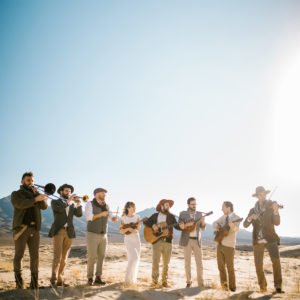
ZL: It was really warm — until today. [laughs] It’s been fun. We’ve definitely played some places we haven’t been recently. Three shows in Wisconsin, then my hometown of Chicago, then going down south for a few and heading over to Colorado at the end.
RZ: For those unfamiliar with Dustbowl Revival, who is this group and what can Bozemanites expect to experience at your January 11th Filling Station show?
ZL: I would say the band is a really fun live experience. It’s an eight-piece group with a horn section, the fiddle and mandolin — it’s a unique, kind of roots music extravaganza, if you will. We bring together a lot of disparate sounds from the Americana spectrum. Soul music, blues and funk, folk harmony stuff, bluegrass. We’ve been going strong for about five years on the road, bringing our music all over the place. And this’ll be our first ever show in Montana.
RZ: Bands seem to cap at around five members, but like you said, this one has eight — plus a rotating roster of special guests. Everyone must have a pretty significant role. How do you guys reconcile your talents and personalities?
ZL: The group that’s been on the road has been really consistent, and we operate like a big, dysfunctional family. It’s all about crafting a sound for everyone, as a part of the musical fabric in a way. On some songs the brass will take the lead, the drums and bass will be the stars, then sometimes the strings and voices. Mostly it’s about creating, especially with this new record, our own sound that no one’s really heard before.
RZ: Speaking of the new record, you’re touring in support of the band’s self-titled June release. How have fans of your previous albums, as well as audiences from these recent shows, responded to the new material?
ZL: I think the record has been overwhelmingly supported. It’s not like we transformed overnight, we’ve been injecting that soul and funk for years, but we really jumped headfirst with this record. Our producer, Ted Hutt, had us really focus on trying to touch every genre [and still] tell great stories, get people moving, and write sweet songs. It was really good advice.
RZ: Tell us a little about the band’s experience putting this album together. How do you think collaborating with a producer added to the music?
ZL: We found [Hutt] through Old Crow Medicine Show. When he sat in on the rehearsals with us, he really seemed to gravitate towards funkier, bluesier tunes, [seeing] that as a way to have our folk storytelling with a rock ‘n’ roll, brash swagger. Even though we played a little more old-time swing/bluegrass/gospel music, there was always a bit of a rock ‘n’ roll spirit underneath. We’re all about bringing some joy to a room, and getting people up out of their comfort zones and dancing. I think there’s a tendency in certain types of folk music to stoically play a song, then play the next song, with [the audience] listening. Being a bigger, louder band than that, it’s definitely always more about involving audience as part the show. Playing with the audience, not at the audience.
RZ: Touching on Dustbowl Revival’s initial releases, have you noticed a certain progression in the music since Atomic Mushroom and Garden of Eden? What has the band managed to retain over the years?
ZL: I’m very conscious of the songs having a historical background, referencing, honoring the past and heroes of mine that maybe wouldn’t be heard by modern audiences. I wanted to bring older jazz and blues forms to nightclubs where people can still dance and have a great time. The early ‘20s-‘30s jazz/swing stuff was almost like the rock ‘n’ roll of its time. I always wanted to have that energy, that electricity, but told in a new way. Also growing up in the early ‘90s, I’m just as rocked by Wilco and Nirvana and R.E.M. It’s not like I ever really wanted to have a throwback, swing band. When we first started, the second wave of the swing, sort of retro jazz revival was very hot. But we’ve been around long enough [to] kind of shapeshift in and out of certain microtrends. And I think bands get a little more seasoned on the road, see some things, and want to start telling some darker, deeper stories. Believe me, I’m all about having people go out and have a great time, but on this record I also wanted to express the full spectrum of what happens in life when you start getting older. People lose family members, lose their jobs, and as an artist, I think you have a little bit of a responsibility to reflect your times.
RZ: It’s not all fun and games.
ZL: Just some fun and games.
RZ: You are responsible for a majority of the songwriting. At what point do you decide a story or subject is song-worthy?
ZL: There’s a lot of different types of songs, some are more tongue-in-cheek and have an element of comedic timing. I grew up with a dad who did comedy, so I’ve always felt like it was part of writing. Can you get a reaction and make people smile. That’s also in Bob Dylan and Beatles stuff. There’s a little bit of poking and prodding. It helps people pay attention. If you can shock people and treat them with good lyrics that aren’t just about ‘I love you’ and falling for you, or falling out of love. Even the most straight love song on the record — “Honey I Love You” with Keb’ Mo’ — is a song about writing a love song. It’s actually about the idea of ‘Oh but I’m going to probably write the love song again where it doesn’t work out,’ and the girl from the song is like, ‘but what if it does work out this time?’ She challenges the guy to just say ‘I love you’ and let that be enough. It’s what happened in my life with the lady I ended up marrying. She was like, ‘Hey. Why don’t you cut the crap and just write a nice love song for once?’ Sometimes the simplest thing is the hardest thing to do.
RZ: Is there another story behind one of these new songs you’d care to share?
ZL: The song “Debtors’ Prison” [is based on] a pretty old-fashioned concept, but I think there’s an element of truth in our society, of young people trying to make it in this world and then realizing that it’s not going to work out how they imagined. When you get into your mid-thirties, you start to realize a lot of the big dreams people your age have aren’t going to happen. Even if you are making it happen, you realize there’s a financial and emotional price to pay. The song came from an article I remember reading about this couple that had a set of twins and a $100k hospital bill — and they’re 23 years old. That’s something that happens all the time in this country. It seems crazy.
RZ: Terrible.
ZL: There’s also a significant homeless population in LA a lot of people don’t want to talk about. I used to live in Venice Beach on the boardwalk and I basically had a tent encampment underneath my window every night. Those people are trying to make their way, and a lot of them, for various reasons, have fallen through the cracks. There are always a lot of things you want to say, and I feel like songwriting is a way to maybe say them more poetically. If you just sort of start shouting about something, people ignore you. Sometimes coming from an indirect angle is the best way to have it sink in.
RZ: And that’s what you did with this song.
ZL: It’s funny because friends will listen to [“Debtors’ Prison”] and say, ‘Yeah I like it.’ A year later and after about the ninth time they listen to it, they’ll [notice] how sad it really is. Sometimes songs are like little boxes you can open with your mind years later. As a college student, I think the fiftieth time I heard “Visions of Johanna,” the Dylan song, I kind of just stopped where I was walking. A universe opening up type of a thing. I wanted to write songs like that, ones that tilt your mind a little bit.
RZ: The name of the band obviously inspires a lot of Dirty Thirties imagery. How was it decided this band of performers would be called “The Dustbowl Revival”?
ZL: What’s weird is that I can’t actually remember the moment it was decided. In the beginning, it was my fun side project, getting a handful of people together to play some songs. Growing up, I was a big Creedence Clearwater fan, so I liked the idea of a revival, bringing joy to people wherever you go. And I’d always been a big fan of Steinbeck, [the image] of people migrating to California, then realizing it’s not all milk and honey and you actually have to really work hard. Three of us are from Chicago. I remember putting all my stuff in the hatchback, driving Route 66 out to LA and never going back.
RZ: Your latest just released over the summer, but are you guys cooking up any tunes and/or plans for the next project?
ZL: There’s always some new music in the pipeline. I think we’re in that place where we’re kind of itching to try out some new stuff. We’ve been playing these songs from the record for a whole year, and you always try to sneak in some new ones. There are a couple we’ve been playing at shows lately. But December and January tend to be a good time for writing. Maybe we’ll bring some of the new stuff out to Montana, might even be the first place we try them out.
The Dustbowl Revival will perform with help from The Copper Children on Thursday, January 11that The Filling Station beginning at 9pm. Advance tickets to this 21+ show are $13 in store at Cactus Records or www.cactusrecords.
The Dustbowl Revival is Zach Lupetin (guitar, vocals), Liz Beebe (vocals, washboard, ukulele), Daniel Mark (mandolin), Connor Vance (fiddle), Matt Rubin (trumpet), Ulf Bjorlin (trombone), Josh Heffernan (drums), and James Klopfleisch (bass).
The Dustbowl Revival is available to stream or download now. •

